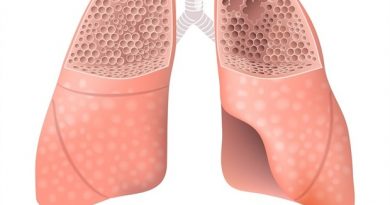Nutritional monitoring and education are vital to ensuring a well-balanced gluten-free diet

A review by the GLUTEN3S research group at the UPV/EHU-University of the Basque Country describes the nutritional imbalances found in adults suffering from celiac disease who follow a gluten-free diet. The keys to avoiding possible problems among these patients are proper monitoring and good nutritional education, to ensure a diet that is not only gluten free, but well-balanced also.
Celiac disease is a chronic autoimmune disorder of the small intestine that can result in villous atrophy in response to gluten consumption and the consequent poor absorption of nutrients. The only effective treatment is to permanently remove all gluten from one’s diet, since the health consequences for patients who continue to consume this protein may be extremely serious (cancer, difficulties conceiving, anemia, diabetes and osteoporosis, among others). Continued gluten consumption also results in variety of different symptoms.
Paying attention to one’s diet is a healthy habit in general, with undeniable positive impacts, and this is no less true for those whose condition precludes them from eating certain foods. However, as well as being safe, a gluten-free diet must (like all diets) also be well-balanced in order to ensure the proper working of all physiological functions. “A balanced diet is based on eating all food groups in their correct proportion,” explains Aner Cardo, a student on the Master’s Degree in Nutrition and Health run by the Pharmacy Faculty at the UPV/EHU-University of the Basque Country and co-author of the review. “This is why ensuring a balanced diet is so difficult for people who cannot eat certain cereals, since cereals are a major food group.”
The GLUTEN3S research group at the UPV/EHU-University of the Basque Country has carried out a detailed review of recent studies on nutritional balance in the gluten-free diets of those diagnosed with celiac disease. The review, which formed the basis of Aner Cardo’s Graduation Project, has been published in the high-impact journal NUTRIENTS, which focuses on nutrition and dietetics.
According to the findings of the review, gluten-free diets are characterized by a low intake of complex carbohydrates and fiber and a high intake of fat (particularly saturated fat) and simple sugars. This profile has also partially been linked to the consumption of specific gluten-free products, which remove or substitute gluten during the manufacturing process and account for an increasingly important part of many celiacs’ diet, particularly among children suffering from the disease. In relation to micronutrients, the most important deficits highlighted in the review are linked to iron, calcium, magnesium and vitamins D and E, along with some from the B group. These nutrients are of vital importance in those pathologies whose incidence rate is higher among celiacs, such as diabetes, anemia and osteoporosis.
Source: Read Full Article



